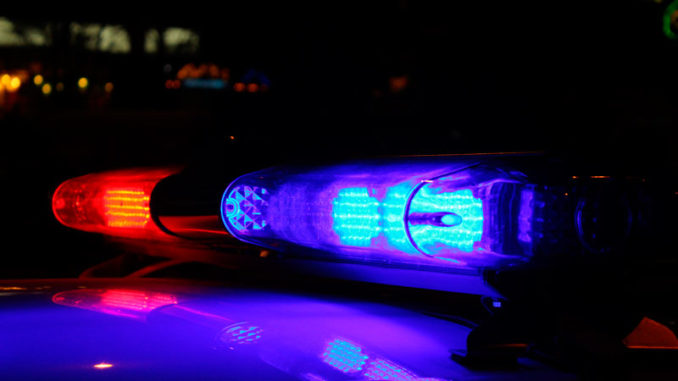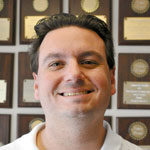
St. Charles Parish has been the testing grounds for a new method of cracking down on impaired driving.
In 2022, Louisiana Gov. John Bel Edwards’ Driving While Intoxicated task force implemented a program to study the utility of oral fluid testing in determining if a driver is impaired by drugs.
From July to December of 2023, the St. Charles Parish Sheriff’s Office turned in more than 100 voluntary samples from driver’s stopped by police to the North Louisiana Criminalistics laboratory.
Drivers who were pulled over on suspicion of being under the influence of drugs agreed to have their mouths swabbed by an officer; the procedure would take place after a driver had completed a standard field sobriety test. Samples were taken by a St. Charles Parish Sheriff’s Office Drug Recognition Expert.
St. Charles Parish was chosen because the Sheriff’s Office has a long history of aggressive drunk and impaired driving enforcement, according to St. Charles Parish Sheriff Greg Champagne.
“We have one of the largest numbers of drug recognition experts in the state of Louisiana. Deputies have won awards for the number of drunk driving cases and arrests they made over the last few years. It was also believed we could provide a fairly large number of samples for the study,” said Champagne.
Champagne notes that this method allows a sample to be taken much sooner after an accident or traffic stop and can be done anywhere, and that it is quicker and less invasive than blood testing.
That time element is quite important, Champagne said.
“When impairment cases involve suspected drug use, time delays are significant. When a driver refuses to submit to a breath test or a blood draw voluntarily, a warrant must be obtained which adds to the delay,” said Champagne. “Because of these delays and drug levels in blood dissipating quickly, test results often do not reflect an accurate drug concentration level at the time the person was driving.”
This study, then, aims to determine whether a less invasive means of testing potentially impaired suspects would be scientifically accurate and reliable for use in court.
“Improving the process is important to help ensure justice is served and that offenders get much-needed help,” Champagne said.


Be the first to comment